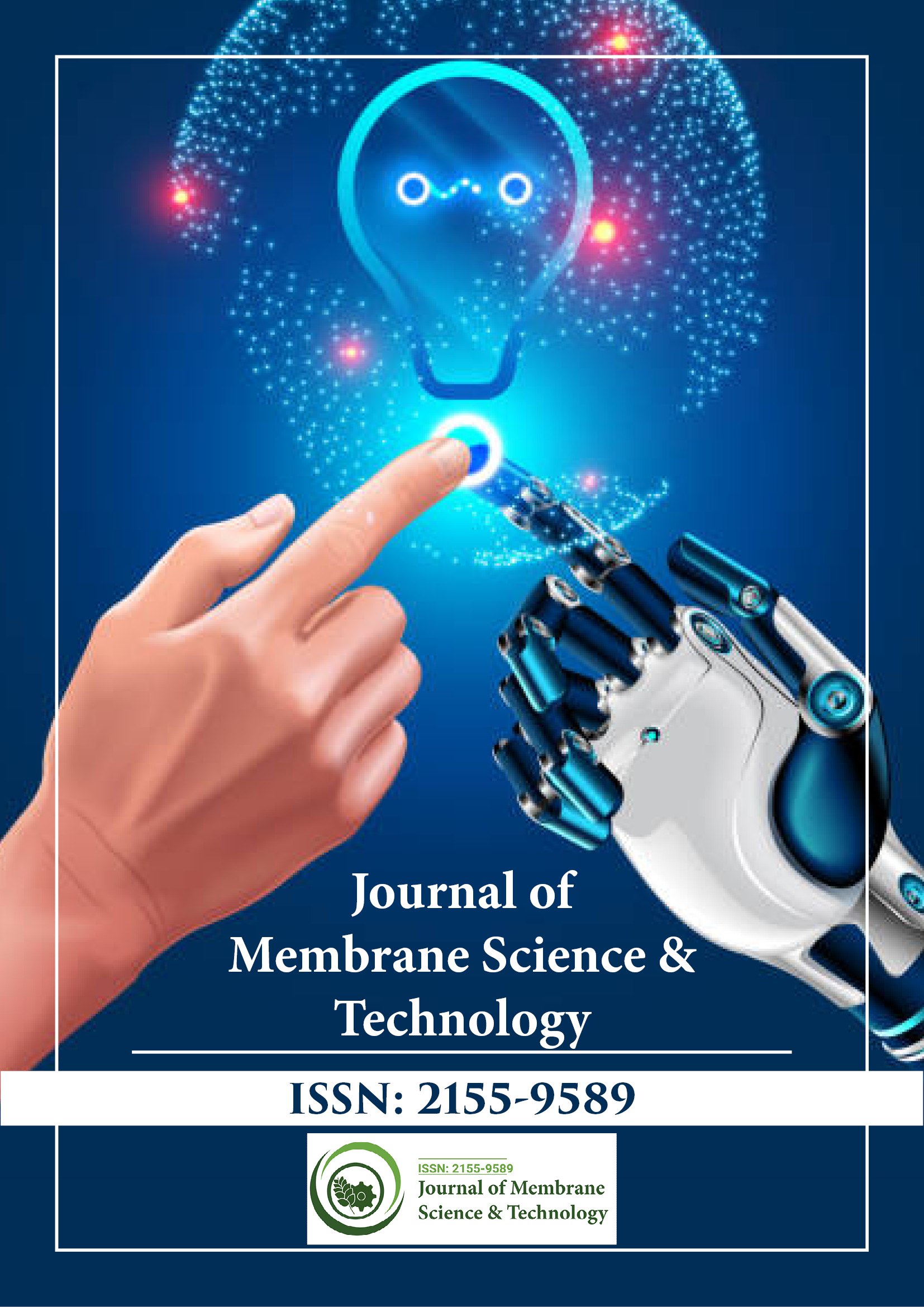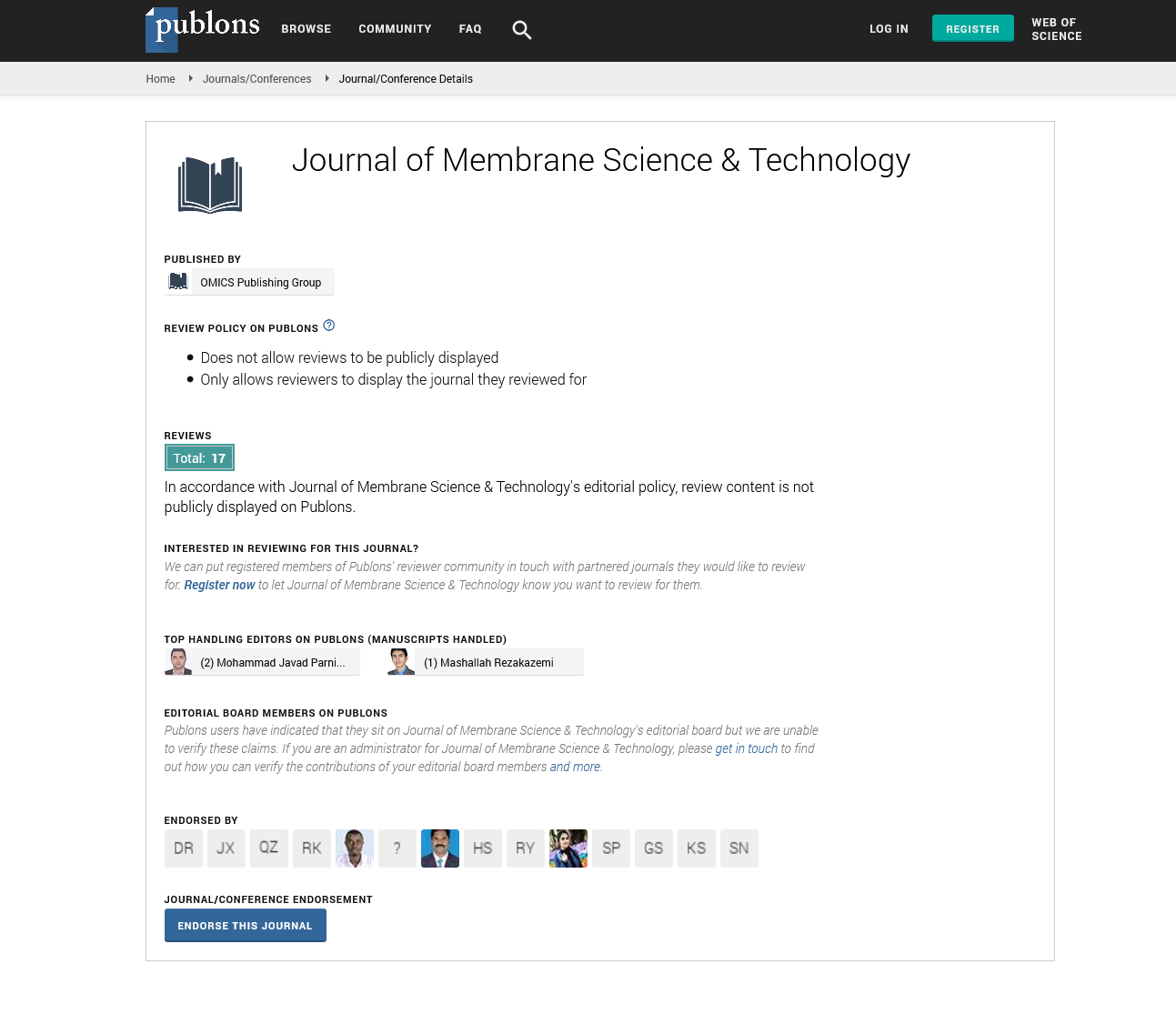Indexed In
- Open J Gate
- Genamics JournalSeek
- Ulrich's Periodicals Directory
- RefSeek
- Directory of Research Journal Indexing (DRJI)
- Hamdard University
- EBSCO A-Z
- OCLC- WorldCat
- Proquest Summons
- Scholarsteer
- Publons
- Geneva Foundation for Medical Education and Research
- Euro Pub
- Google Scholar
Useful Links
Share This Page
Journal Flyer

Open Access Journals
- Agri and Aquaculture
- Biochemistry
- Bioinformatics & Systems Biology
- Business & Management
- Chemistry
- Clinical Sciences
- Engineering
- Food & Nutrition
- General Science
- Genetics & Molecular Biology
- Immunology & Microbiology
- Medical Sciences
- Neuroscience & Psychology
- Nursing & Health Care
- Pharmaceutical Sciences
Editor-in-Chief
Dr. Murtaza Hasan, PhD
Editor-in-Chief
Associate Professor, Department of Biomedical Sciences
Zhongkai University of Agriculture and Engineering, China
Biography
2010-2014: Doctor of Science: Biochemical Science. Institute: Beijing Institute of Technology (BIT) China. Dissertation Title: Preparation and study of nano-liposomes as novel dragon blood resin carrier and their biomedical effect in radiation protection; 2003-2005: Masters of Philosophy: Plant physiology. Institute: Quaid-e-Azam University, Islamabad. Dissertation Title: Association of Rhizobium with plant growth promoting Rhizobacteria in rice (Oryza sativa) growth and nitrogen fixation; 1998-2002: Master of Science: Biology. Institute: PMA Arid Agriculture University, Rawalpindi. Dissertation Title: preparation of cheese from camel milk.
03 March 2020- to date: Associate Professor, College of Chemistry and chemical Engineering, Zhongkai University of Agriculture and Engineering, Guangzhou, China; 17/10/2017- to march 2020; Assistant Professor (TTS) at The Islamia University of Bahawalpur, Bahawalpur, Pakistan; 24/08/2017-to 16/10/2017: Assistant Professor (Contract) at The Islamia University of Bahawalpur, Bahawalpur, Pakistan; 24/08/2016-to 23/08/2017: Assistant Professor (IPFP) at The Islamia University of Bahawalpur, Bahawalpur, Pakistan; 2017-Present: Group Leader at the Center of Nano-biotechnology, Department of Biochemistry and Biotechnology, The Islamia University Bahawalpur, Pakistan; 07/2014-08/2016: Research Fellow at School of Biomedical Engineering, Peking university China; 07/2014-08/2016: Principal Investigator (PI) at School of Biomedical Engineering, Peking university China; /04/2013 to 08/2016: Instructor Biology, Chemistry, at the Benson Education System Beijing; 26/04/2013 to 25/08/2014: Instructor Biology at the Pakistan Embassy College Beijing; 09/2010-05/2014: Research Fellow at School of Life Sciences, BIT, Beijing China; 08/2009-09/2010: Lecturer Biology at Govt. Asghar college Rawalpindi; 05/10/2006 to 12/08/2009: Lecturer Biology at Govt. Degree college Kahuta; 03/2004-03/2006: Research Associate at School of Biological Science Quaid-e-Azam University (QAU); 03/2003- 03/2004: Lecturer Biology at Islamabad College for Boys ICB-G6/3 Islamabad.
Research Interest
Biomedical Sciences, Nanobiotechnology, Drug delivery, Pharmacokinetics, Genetic Engineering, Microbiology, Biochemistry, Physiology, Cancer Biology, Metabolomics
Dr. Hao Fong, Ph.D.
Editor-in-Chief
Professor, Department of Chemistry and Applied Biological Sciences
South Dakota School of Mines and Technology, South Dakota, USA
Biography
Dr. Hao Fong is one of the pioneers and renowned scientists nationwide/worldwide in the field of “Electrospinning and Nanofibers”. Presently, he is a Full Professor (with Tenure) in the Department of Chemistry and Applied Biological Sciences at the South Dakota School of Mines and Technology (SDSM&T); he is also an important faculty member in the SDSM&T’s multidisciplinary graduate programs of Materials Engineering and Science (MES), Nanoscience and Nanoengineering (NANO), and Biomedical Engineering (BME). His highest degree is a Ph.D. earned in 1999 from the Department of Polymer Science at the University of Akron (in Ohio), and his Ph.D. advisor is Dr. Darrell H. Reneker. Prior to joining the faculty at the SDSM&T in June 2003, he worked as a guest research scientist (i.e., on-site contractor) in the Polymer Branch at the Air Force Research Laboratory (AFRL) in the Wright-Patterson Air Force Base, and as a staff research scientist in the Paffenbarger Research Center of the American Dental Association (PRC-ADA) and/or the Polymer Division at the National Institute of Standards and Technology (NIST) in Maryland, for a total of three years. From July 2013 to June 2015, Dr. Hao Fong was the youngest Full Professor at the SDSM&T; in 2017, he was awarded the “Presidential Award for Outstanding Professor” (the most prestigious award at the SDSM&T, one awardee per year).
Presently, Dr. Hao Fong’s research endeavors are primarily focused on the preparation, characterization, and evaluation of electrospun polymer, ceramic, carbon/graphite, metallic, composite, and hierarchically-structured nanofibers and/or nanofibrous materials for various applications including, but not limited to, (1) filtration/separation applications (e.g., the separation of biomacromolecules such as proteins and nucleic acids, air/water purification, and reverse osmosis), (2) energy-related applications (e.g., solar cells, batteries, fuel cells, and supercapacitors), (3) biomedical applications (e.g., tissue engineering, drug delivery, and wound dressing), (4) microelectronics-related applications (e.g., sensors/detectors and transistors), and (5) composite applications (e.g., hybrid multi-scale composites and dental restorative composites).
Research Interest
The Materials-processing Technique of Electrospinning and Various Applications of Electrospun Polymer, Ceramic, Carbon/Graphite, Metallic, Composite, and Hierarchically-structured Nanofibers and/or Nanofibrous Materials

